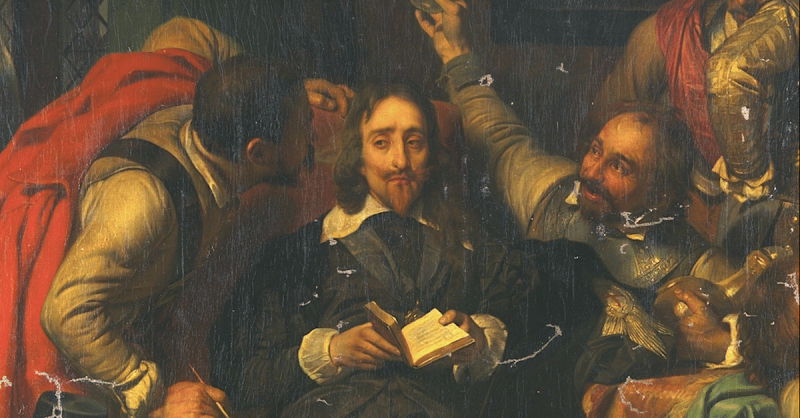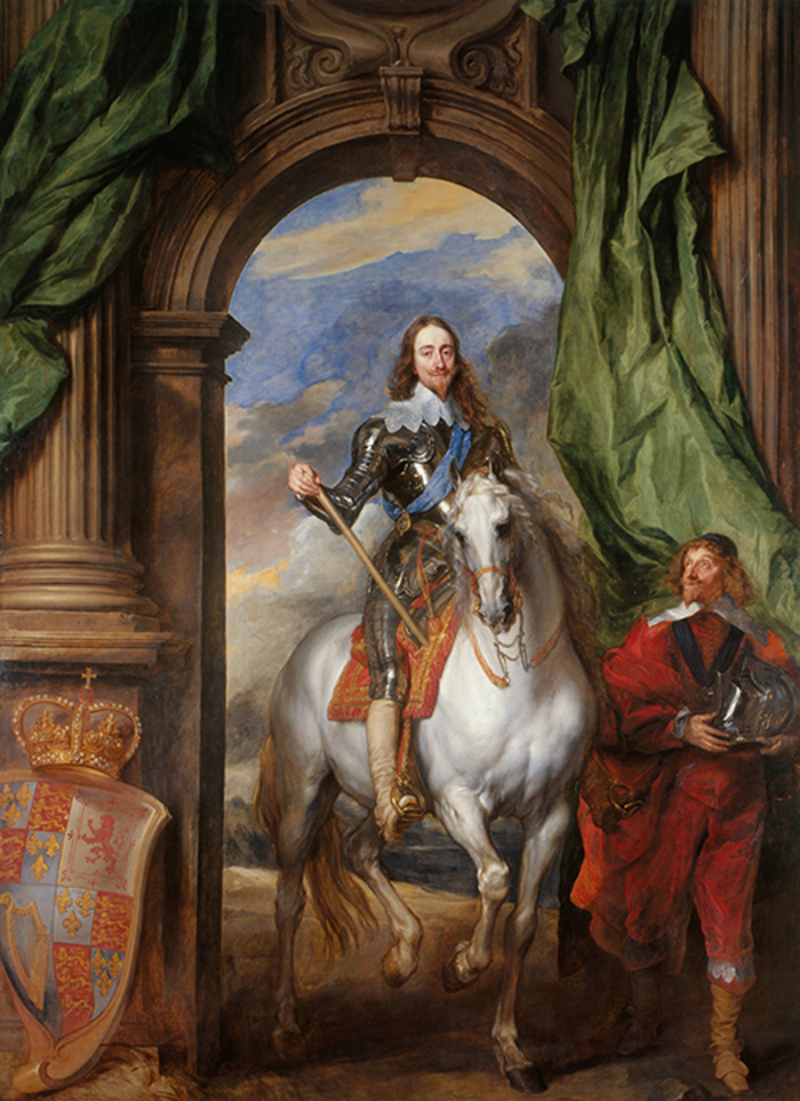Oliver Cromwell was pivotal in the English Civil War
Cromwell was tasked with organizing the defense of Norfolk when the English Civil War broke out in 1642. Because of his courage and organizational prowess, Cromwell was given command of the cavalry when the East Anglian counties established the Eastern Association. His cavalry's significant contribution to the Battle of Marston Moor furthered his reputation. Cromwell was appointed General of the Horse when the New Model Army was established, and he was crucial to the King's defeat at the Battle of Naseby.
Cromwell contributed to the effort to maintain Parliament's cohesion after the Civil War, which was won by Parliament. In 1647, when the army mutinied and refused to disband, he also made an effort to resolve the conflict between Parliament and the army. He was significant in the Second Civil War.
Here are some of Oliver Cromwell's most significant reforms:
- He was the driving force behind both the Commonwealth's founding and the decision to put the King to death in 1649.
- Cromwell left for Ireland to put an end to the Irish Civil War after he had stabilized England. He was a fervent Puritan and had never forgave the Catholics for allegedly killing Protestants in 1641.
- As a result, he believed it was okay to exact revenge and was in charge of the Drogheda Massacre in September 1649.










